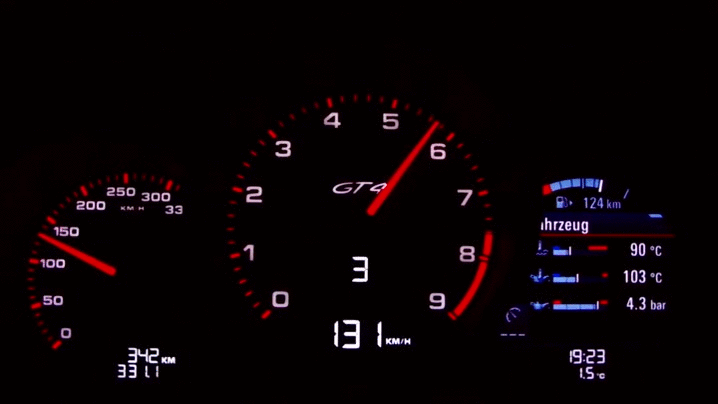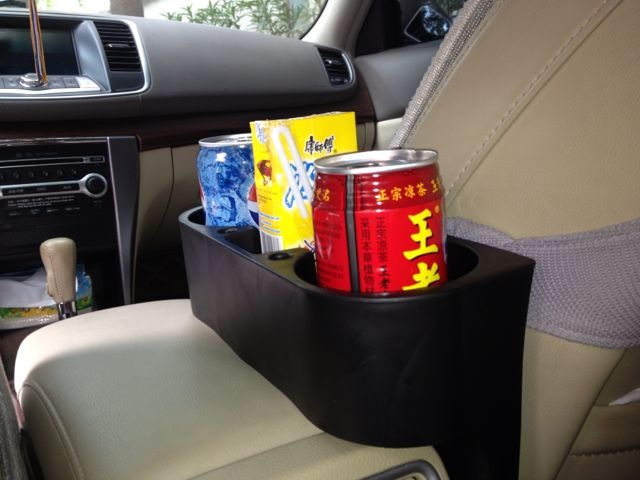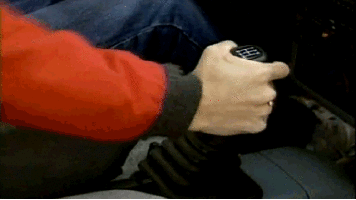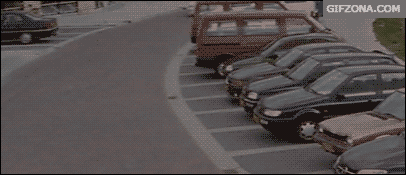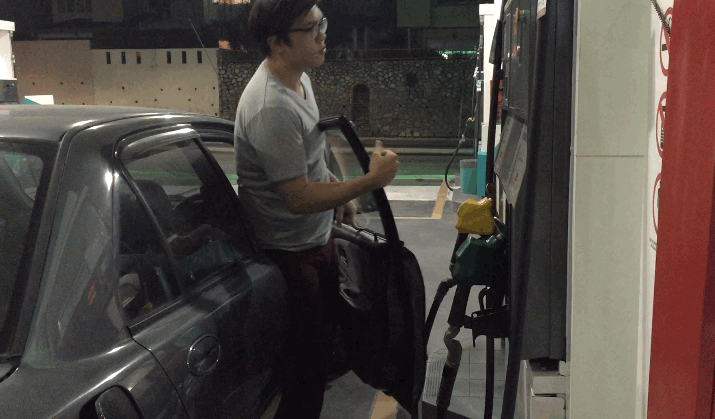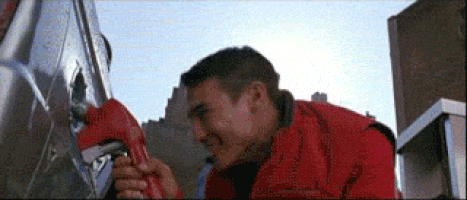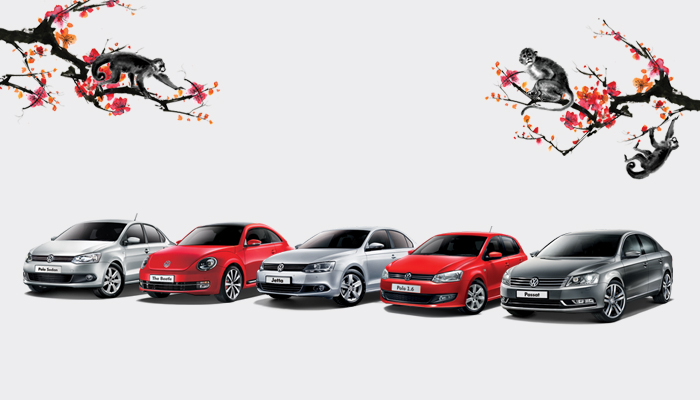Have You Ever Done Any Of These Superstitious Things To Your Car Before?
And no, shaking your car up and down while refuelling to get more fuel doesn't help.
We humans have really interesting superstitions, even when it comes to cars! Which among these quirks do you religiously follow?
1. Shaking the back of the car up and down to get as much fuel as possible
Why they do it: According to this article, our friends down the Causeway have been doing this for years to maximise the flow of petrol into the fuel tanks.
Does it work? Well, tilting and shaking your car does give you maximise the petrol flow but it is not recommended as it is dangerous and could be damaging in the long run.
2. Not taking off the plastic wrap to keep the "new car smell" lingering
Why they do it: We get it, part of getting a brand new car is also the "new car smell" which to some people, smells really, REALLY good. So not removing those plastic covers from the headrests and the vanity mirror on the visor helps to preserve the smell.
Does it work? Well, to a certain extent it does delay the smell from disappearing but according to CNN, it's best not to inhale too much of this smell as it's not that good for health!
3. "Breaking-in" your car for the first 1000km when you buy it
Why they do it: Some car manufacturers recommend maintaining to a certain speed and not accelerating too much until the car has hit a certain mileage. After that, it's full speeds ahead!
Does it work? Actually, there's no need for special running-in for your car, but a few precautions in the first 1000km (600 miles) may add to the performance, economy, and life of your brand new vehicle.
4. Not allowing any form of food and drinks in the car
Why they do it: It's a simple reason. It's always nice to have a clean car without food crumbs and beverage stains on the seats.
Does it work? Absolutely! Although snacking in your car is way more fun!
5. Fiddling with the gear stick before starting the car
Why they do it: Everyone who drives a stick shift ALWAYS fiddles the stick shift before they start the car. They usually do it to make sure that the gears are in neutral.
Does it work? We guess... Everyone knows that it's all in neutral gear by checking.
6. Locking your car doors twice, "just in case" you forget
Why they do it: It's mostly because they're forgetful. "Just to make sure" is their motto in life.
Does it work? Pretty much, yeah! Some people needs to be reassured and that's entirely okay.
7. Putting your arm around the passenger seat when reversing, even when you use mirrors...
Why they do it: It's part safety, part habit really. Drivers are taught to always look back and depend on their eyes, even if there's reverse camera technology.
Does it work? Yes, it does. No one wants to bump their car into something just because they didn't really pay attention to the back of the car.
8. ... and ALWAYS reverse parking
Why they do it: For some, it's most likely a matter of preference to in order to exit easier later on. For some, it makes jump starting or towing a car easier "just in case" anything goes wrong with it.
Does it work? Well, there's no denying that it is easier to exit after. So yes, it does!
9. Keeping their radio volume at an even or odd number
Why they do it: Their OCD.
Does it work? Nothing wrong with having personal preferences!
10. Only pumping petrol at night...
Why they do it: The argument behind this popular habit is that matter expands when it's heated; so during the night, car owners get more volume of petrol for the same price due to the cooler temperatures, hence more "space" for petrol to fit in the tank.
Does it work? The theory is true, however the advice is not. Fuel does expand and contract a little depending on its temperature. When petrol temperature rises from 15 to 23 degrees Celcius, for instance, it increases in volume by 1 percent while the energy content remains the same.
However, petrol stations store their petrol in underground tanks, where the temperature variation during the day is much less than in the air above. The result is that the temperature of the fuel coming out of the fuel nozzle is miniscule, if at all, during any time of the day.
11. ... and only filling it up half the time
Why they do it: According to this belief, fill up your tank when your fuel tank is half-full (or half-empty), because the more fuel you have in your tank the less air there is and petrol evaporates rapidly, especially when it's warm.
Does it work? Not really. The amount of evaporation reduced is very minimal to make a significant saving in your wallet. On top of that, going to the petrol station twice the normal amount does cost you time too. Assuming that a typical consumer pumps petrol once a week, and that the fill-up process averages a rough 8 minutes (including the time to get to a gas station, to wait in line if the pumps are all busy, to pump the petrol, to pay for the purchase, and to get back on the road), the said consumer would be spending an extra 7 hours per year pumping petrol to achieve these savings. Not a good use of time!
It doesn't matter how weird your car habits are to protect your cars, just make sure the car does the same for you
Whether it's locking your car twice or keeping the plastic wraps on the car to protect your car, it isn't much use if the car doesn't protect you. Volkswagen is committed to make sure that you and you loved ones are safe when you drive back home this CNY. From the Intelligent Crash Response System (ICRS) on the Jetta and the parking sensors on the Beetle, Volkswagen has got you covered. Learn more safety innovations Volkswagen is doing for you here.


